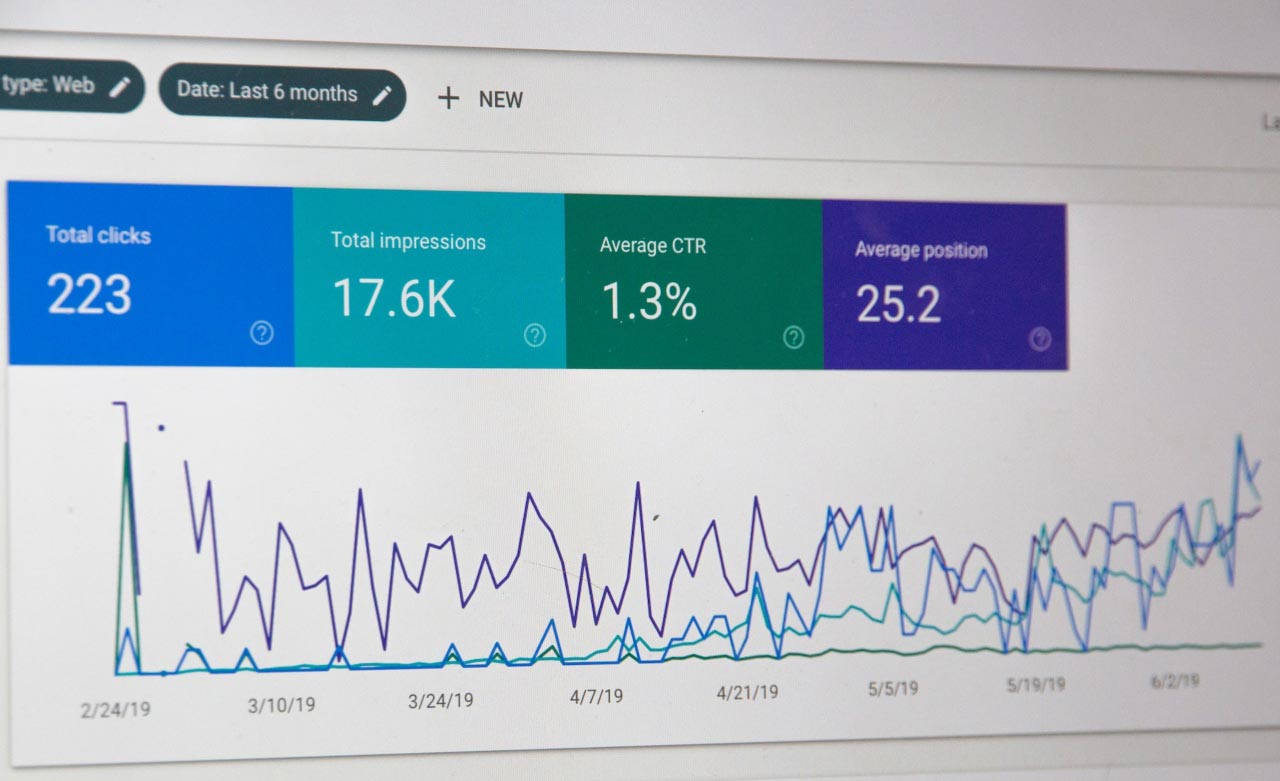Every small business competes for customers and strives to
make its digital "open sign" the most visible. Amidst the noise, some
companies effortlessly dominate search results. What's their secret?
Let's explore some practical SEO tips that can help your
small business outrank competitors and retain more customers.
Recognize your target market and their search intent
To really connect with your target audience, you need to
truly understand who they are. This means delving into thorough market research, which can include various methods like surveys,
face-to-face interviews, and closely analyzing customer interactions on your
website. What questions do they ask online?
What jargon or terms do they frequently use? What are the
primary challenges or pain points for individuals seeking goods or services in
your niche? With this in mind, you'll be able to craft content that's tailored
specifically to them, address their questions and offer tailored solutions.
Matching your content to their search intent not only fosters
trust and engagement but also signals search engines that your website
genuinely delivers value, ultimately improving your rankings.

Enhance on-page SEO Components
Your website serves as the virtual representation of your
physical business. Therefore, every element should be optimized for both users
and search engines, from visible content and branding tactics to backend
architecture.
On-page SEO
entails more than just inserting keywords; it involves crafting a compelling
narrative. This narrative begins with an enticing meta title, followed by a
concise yet intriguing meta description that guides potential readers to your
content. URL structures should be clear and concise and leave no room for
ambiguity. Images, often overlooked, hold significance too.
Ensure they include meaningful alt texts for search engine
context and are compressed for quick loading, thereby enhancing the user
experience. Dedicating time to perfect these elements and you'll ensure your
website stands out amidst a sea of competition.
Prioritize quality content
Although it may sound like a cliche, the adage "content
is king" still holds true. Explore in-depth, thoroughly researched topics
that delve into details and provide readers with unique insights they won't
find elsewhere.
Publish fewer, in-depth articles that establish your brand
as a leader, rather than churning out numerous shallow ones. Use diverse
content formats, such as infographics, videos, podcasts, and comprehensive
essays, to cater to varying audience preferences and reach a broader audience.
If you can, refresh older content to keep it relevant and
current. This will bolster your brand's authority with both your audience and
search engines.

Focus on building quality backlinks
Backlinks serve as indicators of your trustworthiness and
credibility. Think of them as the online equivalent of a personal endorsement.
While the number of backlinks might seem enticing, quality and relevance hold
far more significance.
Obtaining a single strong link from a well-known, respected
authority domain in your industry can be more advantageous than dozens of
weaker or unrelated links. Building genuine partnerships and collaborations is
essential to achieve this. For example, guest posting on reputable sites offers
the opportunity to showcase your expertise to a larger audience and secure
high-quality backlinks.
If this process seems daunting, professional assistance is
available. At Four Dots digital marketing agency, SEO experts make sure your content is unique, relevant, and of high
quality. This will ensure your content is share-worthy and encourage people to
use it as a source and link back to it.
Optimize for mobile
The rise of mobile browsing is undeniable. It's essential to
make sure your website can smoothly adapt because more and more users are
switching from desktop to mobile devices these days. But mobile optimization
isn't just about resizing content for various screen sizes.
You need to think about things like making sure the site
responds well to touch, ensuring buttons are easy to tap, and keeping
navigation straightforward. It's also important to optimize images and
animations so they use as little data as possible while still looking great and
to make sure your content loads quickly.
Improving loading times, for example through things like
accelerated mobile pages (AMP), gives users a seamless experience. Mobile optimization is a crucial part of your SEO strategy because if people
struggle to use your site on their mobiles, they're less likely to come back.
Being visible online in today's fiercely competitive online
environment can be quite a challenge. However, the fundamental principles of
success ”knowing your audience, delivering top-notch content, and creating a
smooth online experience” stand strong.
Small businesses aren't just keeping up in the digital race;
they're actually setting the pace by embracing these essential SEO principles
and staying flexible in the face of ever-changing trends.
By Brigitte Evans


